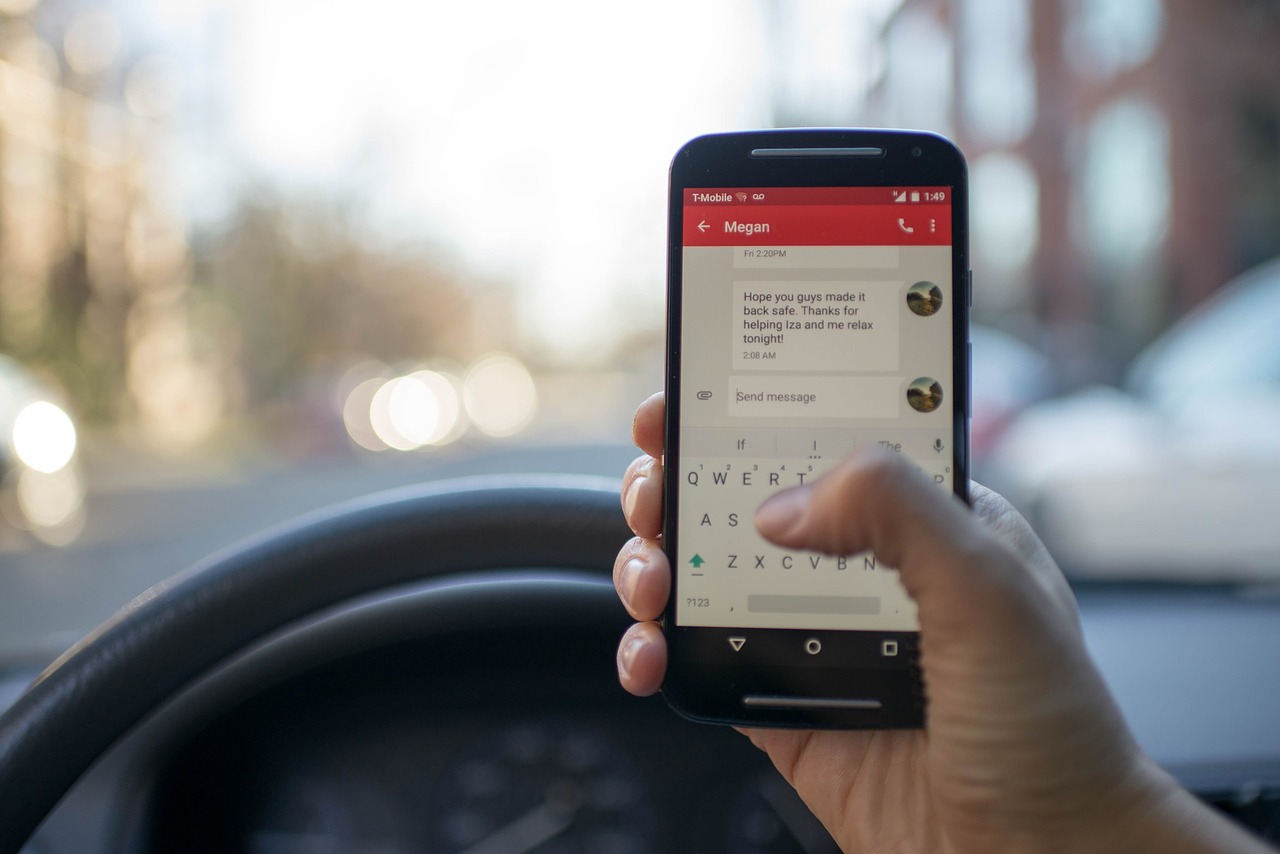
Texting While Driving Remains a Secondary Traffic Offense in Florida
Forty-three states in the United States make texting while driving a primary offense. Florida is not one of them. In Florida, texting behind the wheel is regarded as a secondary offense, meaning that a person caught texting may face a citation only when he is pulled over for a primary traffic violation. Many residents and lawmakers want texting while driving to be a primary offense; however, a House bill that would have made it a reality recently died after a senator refused to give it a hearing.
Senate Republicans Opposed HB 33
The Florida House overwhelmingly voted in favor of the new texting while driving legislation with 112 for HB 33 and 2 opposed. While headed for the finish line, the measure died upon consideration by the Senate Appropriations Committee. The committee’s chair, Senator Rob Bradley, R-Fleming Island, cited concerns that the bill would give authorities more freedom to invade driver’s privacy and provide more opportunities for law enforcement officers to treat minorities unfairly.
Texting While Driving As or More Dangerous than Drunk Driving
Texting while driving is today’s drinking while driving. The dangerous behavior has outpaced alcohol as the #1 cause of death among teen drivers. Multiple studies have concluded that texting is even worse than driving under the influence of drugs and/or alcohol.
A Transport Research Laboratory study from the UK found that those who text while driving perform far worse than those who drink or smoke cannabis and drive. The reaction times of drivers who send or read messages behind the wheel decreases dramatically by 35% — a significantly greater decrease than those who drink at the legal limit and then drive (12%) and those who smoke cannabis and drive (21%).
Drivers who text also have 91% less control of their steering wheel than attentive drivers and are more prone to lane drifting. The average person takes 4.6 seconds to read and respond to a text; people who do so while driving at 55 MPH can drive the length of an entire football field without seeing what is in front of them.
What Happens if I Text and Drive in Florida?
Surprisingly, police officers in Florida can’t do much to reduce instances of texting and driving behind the wheel because texting and driving is a secondary offense under §316.305 of the Florida Statutes. Drivers who text and drive in Florida face consequences for texting and driving only if police stopped them for another violation such as speeding or running a red light and were then caught with a phone in their hands.
Those who are cited for texting and driving for the first time face a fine of just $30. A person who is cited for texting while driving after being cited for a primary violation for the second time faces a $60 fine and three points against his license.
Victims of Texting While Driving Accidents Can Get Help
Without a full texting ban to protect cautious drivers, pedestrians, cyclists, and others who share the roads, it is not surprising that the number of typical texting and driving accidents skyrocketed between 2013 and 2016 — the total number of accidents increased 11% in just three years, while the number of accidents explicitly caused by distracted driving quadrupled!
According to the NHTSA, about 660,000 drivers in America use electronic devices on the road. This behavior led to 391,000 people incurring injuries and 3,477 people killed in 2015 alone. If you have survived a texting while driving accident which was not your fault, you may have sustained life-altering injuries. You may be facing financial hardships due to numerous medical bills, lost wages, and lost earning capacity. You do not have to face these obstacles alone.
The dedicated personal injury lawyers with The Umansky Law Firm have over 100 years of combined personal injury law experience recovering compensation for people like you. Texting and driving accidents are increasingly hurting people, causing catastrophic injuries and losses. With an attorney advocating for your interests it may be possible to recover a financial reward that can pay for:
- Medical bills
- Lost wages
- Property damage
- Lost earning capacity
- Reduced quality of life
Punitive damages may also be awarded in cases where a driver “willfully and wantonly” caused harm to another person. Recovering punitive damages requires the extensive knowledge and experience of a passionate Orlando car accident attorney. Contact The Umansky Law Firm at 407-228-3838 or contact us to discuss your case for free. We are also available to chat online 24/7.


